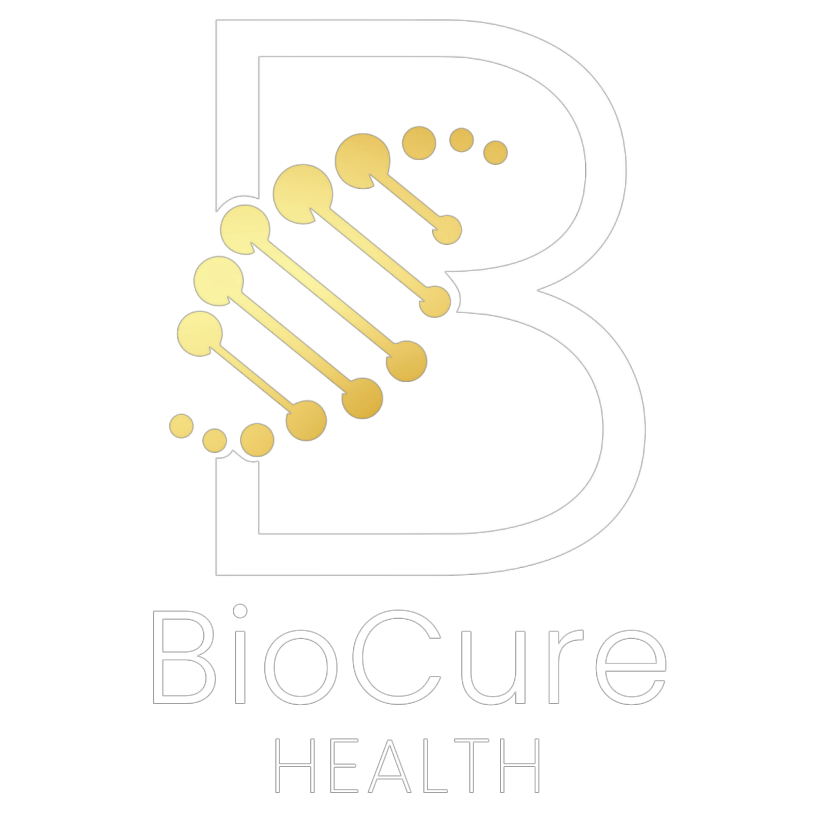Electrolytes and hormones play crucial, interrelated roles in maintaining the body’s homeostasis—our internal balance. Electrolytes, such as sodium, potassium, calcium, magnesium, chloride, and bicarbonate, are minerals that carry an electric charge and regulate numerous physiological functions, including fluid balance, muscle contractions, and nerve signaling, and more. Hormones, which are chemical messengers produced by various glands, help regulate processes such as metabolism, growth, and mood. The dynamic relationship between electrolytes and hormones is essential for the body’s proper functioning, as imbalances in either can lead to significant health issues. Let the specialists at BioCure Health explain further.
One of the primary hormones that interacts with electrolytes is aldosterone, which is produced by the adrenal glands. Aldosterone’s main role is to regulate sodium and potassium levels in the blood, thus controlling blood pressure and fluid balance. When sodium levels are low, aldosterone signals the kidneys to retain sodium, which leads to water retention and increases blood volume and pressure. At the same time, it encourages the excretion of potassium. This finely tuned balance is vital, as an excess or deficiency of either sodium or potassium can disrupt cellular function, leading to symptoms such as muscle weakness, fatigue, or even cardiac arrhythmias. We have seen many patients improve overall health, by simply taking better control of these processes.
Another key hormone involved in electrolyte regulation is antidiuretic hormone (ADH), also known as vasopressin. ADH is secreted by the pituitary gland and regulates water retention by the kidneys, affecting the concentration of electrolytes in the blood. When the body detects dehydration or increased blood osmolarity (a high concentration of electrolytes for you nerds out there), ADH levels rise, causing the kidneys to reabsorb water and dilute the blood. This decreases electrolyte concentration and helps restore equilibrium (internal balance). When ADH levels are low, the kidneys excrete more water, reducing blood volume and increasing electrolyte concentration.
The parathyroid hormone (PTH) also plays a crucial role, particularly in calcium and phosphate balance. PTH is released by the parathyroid glands and regulates calcium levels by signaling the bones to release calcium into the bloodstream, enhancing calcium absorption in the intestines, and reducing its excretion by the kidneys. Proper calcium levels are essential for muscle function, nerve signaling, and bone health. A deficiency, or excess, of PTH can lead to conditions like hypocalcemia or hypercalcemia, which can impair bodily functions and lead to skeletal and cardiovascular issues.
In summary, the intricate relationship between electrolytes and hormones is fundamental to the body’s overall stability. Hormones like aldosterone, ADH, and PTH regulate electrolyte levels, ensuring that processes such as fluid balance, blood pressure, and nerve signaling remain within optimal ranges. Disruptions in these systems can lead to significant health problems, highlighting the importance of maintaining proper electrolyte and hormone levels for the body’s well-being. To learn more about how you can balance hormones and electrolyte levels for optimal health and wellness, reach out to BioCure Health by calling or texting us at 754-206-0838 to schedule a complimentary intro call.







